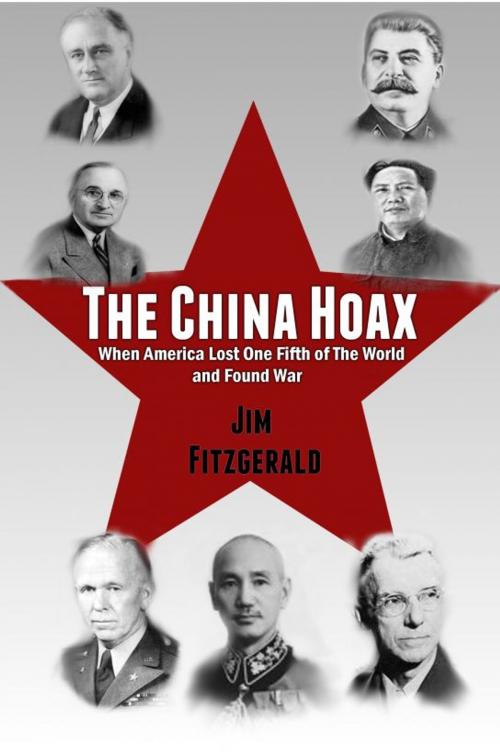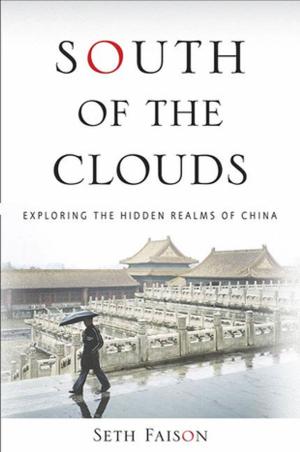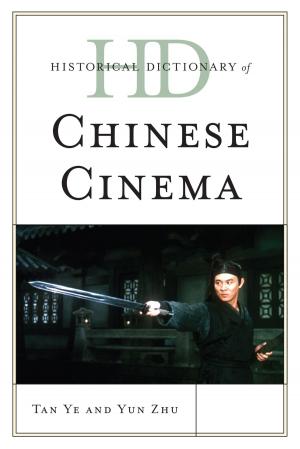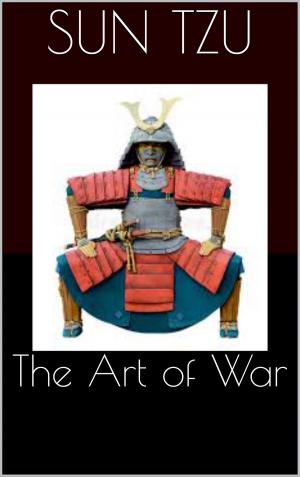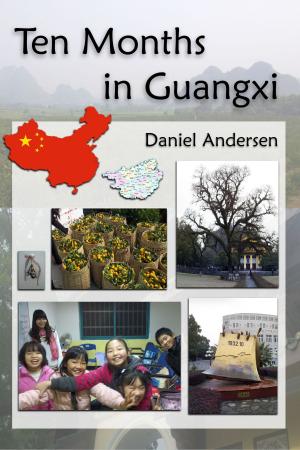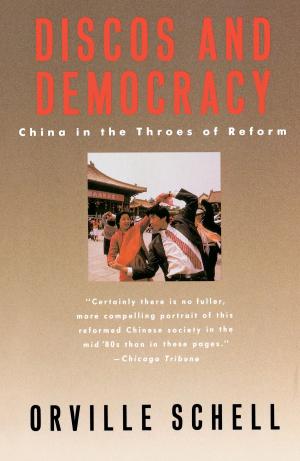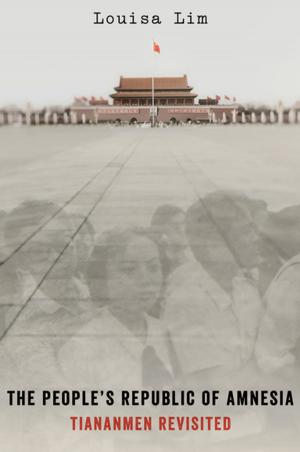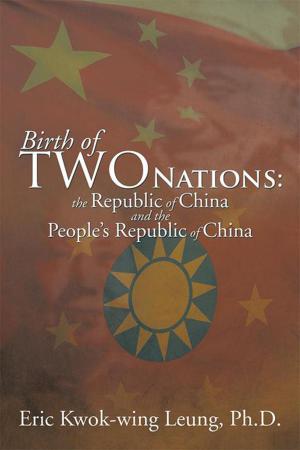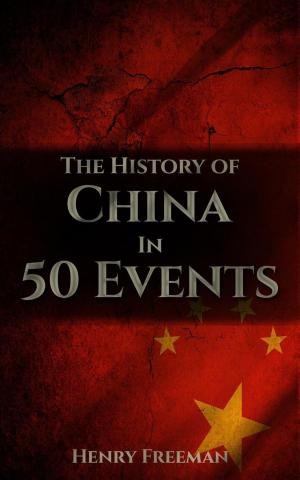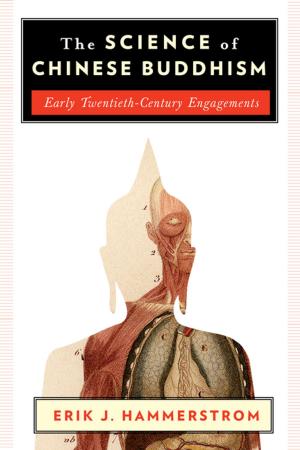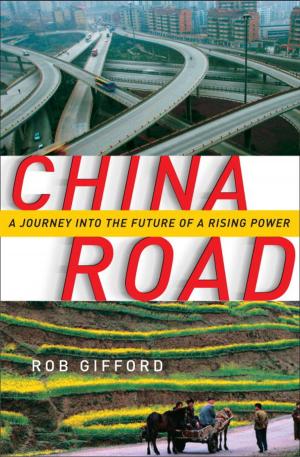| Author: | Jim Fitzgerald | ISBN: | 9781301158751 |
| Publisher: | Jim Fitzgerald | Publication: | September 13, 2012 |
| Imprint: | Smashwords Edition | Language: | English |
| Author: | Jim Fitzgerald |
| ISBN: | 9781301158751 |
| Publisher: | Jim Fitzgerald |
| Publication: | September 13, 2012 |
| Imprint: | Smashwords Edition |
| Language: | English |
While China rises to challenge the United States for world supremacy, Americans suffer from a seriously flawed perspective on past U.S.- China relations. America's view of the critical period when Mao Zedong rose to power is based on a fairytale. In that fable, the hero leads a popular revolution and overcomes a villainous, corrupt dictator. A simple, neat story, but wait, in real life, the “hero” somehow mutates to be the world's most murderous terrorist, killing, by latest count, 50 to 70 million. Meanwhile, existing records prove the “villain” rose from a childhood of abject poverty to defeat warlords, to defy Stalin and unite the largest country on earth, to fight the bulk of the Japanese Army throughout World War II, (China faced roughly 2/3 of the Japanese Army for eight years), to rise from betrayal and defeat, and develop a small thriving democratic nation.
If you find no dissonance in the above, this book is not for you. Be comfortable with the many undocumented, adjective ridden texts that launched and continue to reinforce the fairytale.
In The China Hoax, government records, personal papers, communist records and resurrected archived news reports produce a story of courage and cruelty, betrayal and vindication, a story peopled with heroes, terrorists, deceivers and dupes.
A young Mao Zedong envelops a village, gives the elders a list of money and supplies and declares “if you ignore our requests… We will be required to burn down all the reactionary shops in town… Do not say we have not forewarned you.” He notes later “you can only expropriate once in a given locality, afterwards there would be nothing to take,” and still later, “it is necessary to create terror for a while in every rural area…”
A young Chiang Kai-shek’s military victories propel him to lead the country, but resentment and internal disputes threaten the government. Chiang, issues directions, resigns and offers, if either faction decides he should be punished, “I will regard whatever punishment is meted out to me as a mark of extraordinary honor.”
The China Hoax is a story of bizarre events and deadly consequences. A general abandons his troops in battle and is commended. The sole U.S. military campaign on Asian soil draws China defenders off to Burma and produces a “Life line to China” that is declared useless.
Two months after Japan surrenders to end World War II, the U.S. Secretary of State proposes to “force China to get together with the Reds.” A presidential appointee “agonizes” on how to help China while he blocks aid promised by two presidents. A slandered patriot rises from humiliating defeat.
While courageous Americans fought and died, saved Europe from Hitler’s terror, defeated suicidal Japanese forces in the Pacific and faced down Stalin in the Cold War, two Americans played a game of deceit and betrayal in Asia. A game too costly to be revealed to the public.
While China rises to challenge the United States for world supremacy, Americans suffer from a seriously flawed perspective on past U.S.- China relations. America's view of the critical period when Mao Zedong rose to power is based on a fairytale. In that fable, the hero leads a popular revolution and overcomes a villainous, corrupt dictator. A simple, neat story, but wait, in real life, the “hero” somehow mutates to be the world's most murderous terrorist, killing, by latest count, 50 to 70 million. Meanwhile, existing records prove the “villain” rose from a childhood of abject poverty to defeat warlords, to defy Stalin and unite the largest country on earth, to fight the bulk of the Japanese Army throughout World War II, (China faced roughly 2/3 of the Japanese Army for eight years), to rise from betrayal and defeat, and develop a small thriving democratic nation.
If you find no dissonance in the above, this book is not for you. Be comfortable with the many undocumented, adjective ridden texts that launched and continue to reinforce the fairytale.
In The China Hoax, government records, personal papers, communist records and resurrected archived news reports produce a story of courage and cruelty, betrayal and vindication, a story peopled with heroes, terrorists, deceivers and dupes.
A young Mao Zedong envelops a village, gives the elders a list of money and supplies and declares “if you ignore our requests… We will be required to burn down all the reactionary shops in town… Do not say we have not forewarned you.” He notes later “you can only expropriate once in a given locality, afterwards there would be nothing to take,” and still later, “it is necessary to create terror for a while in every rural area…”
A young Chiang Kai-shek’s military victories propel him to lead the country, but resentment and internal disputes threaten the government. Chiang, issues directions, resigns and offers, if either faction decides he should be punished, “I will regard whatever punishment is meted out to me as a mark of extraordinary honor.”
The China Hoax is a story of bizarre events and deadly consequences. A general abandons his troops in battle and is commended. The sole U.S. military campaign on Asian soil draws China defenders off to Burma and produces a “Life line to China” that is declared useless.
Two months after Japan surrenders to end World War II, the U.S. Secretary of State proposes to “force China to get together with the Reds.” A presidential appointee “agonizes” on how to help China while he blocks aid promised by two presidents. A slandered patriot rises from humiliating defeat.
While courageous Americans fought and died, saved Europe from Hitler’s terror, defeated suicidal Japanese forces in the Pacific and faced down Stalin in the Cold War, two Americans played a game of deceit and betrayal in Asia. A game too costly to be revealed to the public.
